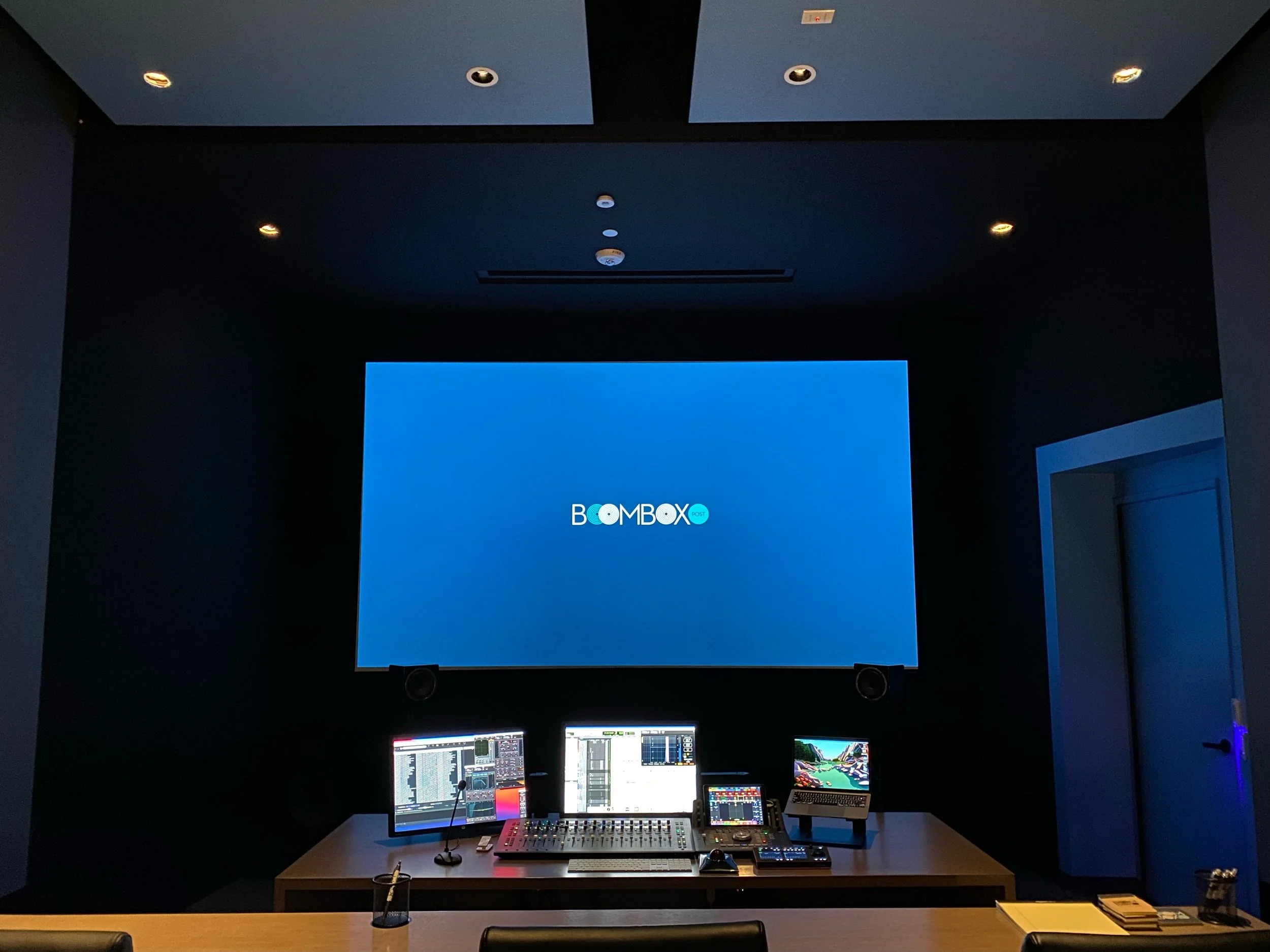Mixing for multiple mediums is difficult. What once was a straight forward process (project A is for theatrical release, project B is for TV, etc) has evolved over the years to become much more complicated. Every film, though it may start out in theaters, will undoubtedly also be consumed on an iPhone.
I for one think we need to stop panning materials like it’s all going to a giant screen. I try to live life by the “everything in moderation” mantra and I think it serves us well to approach mixing for multiple mediums in this way.
As sound editors and mixers, we spend our workdays in rooms isolated from the outside world, buried in our waveforms and plug-ins. But sometimes the most valuable exercise is simply stepping away from your workstation and listening to the world around you.
Do you typically arrange your plugins and windows in a specific way for your editorial and mixing work? What if your window layout loaded up the same every time opposed to requiring you to reconfigure from scratch? Let’s break down how to take advantage of Pro Tools Window Configurations!
In June of this year, Pro Tools released an update that caught my attention. Version 2025.6 features “Speech to Text,” a new AI-driven technology that seems to have the potential to be a leap forward in how we handle dialogue in post production sound. I know, just the mention of AI can be scary for all of us - trust me, I get the concerns. But I do firmly believe that when used solely as a tool, there may be some very helpful applications for AI in our workflow. Is Speech to Text a game changer feature for Pro Tools? I decided to give it a try.
Building out your studio desk and workspace can become very expensive. But not every upgrade has to break the bank. Sometimes it’s the small, thoughtful additions that end up having the biggest impact on your workflow, comfort, and overall studio vibe. Here are five wallet-friendly upgrades you can make to your home or professional studio that make an impact without hurting your wallet (too much).
The average American spends 8.5 hours a day working. That’s 42.5 hours a week, and a whopping 2,210 hours every year! If, like me your job ties you to a desk, that space is probably the only place other than your bed in which you’ll spend nearly that much time. But how many of us give any consideration to how the space is set up? Or how we position ourselves at that desk? Here’s a basic checklist for you to run down in order to optimize your workspace, and in turn, your overall wellbeing and health.
As a sound effects editor, you are likely part of a team of editors who eventually hand their work off to a re-recording mixer. It’s important to understand that the way that you organize your work is often just as important to your mixer and the final end product as is your creative quality.
A re-recording mixer possesses many technical skills. Here at Boom Box Post, we’ve covered the subject in countless posts. But outside of the technical realm, what other skills are useful on the job? Here are my top 10.
The first mix of any project, especially long-term projects like a television series, is always the hardest. Everyone involved in the sound package has done their best to put creative high-quality sound into the session. The mixing team have put in the effort to create a mix that they believe is of a quality that could air on television right out of the box. But, then the clients step into the room.
As a mixer, I try my best to do justice to the content. I use all of my tools to achieve balance and clarity. But the clients always have their own unique agenda of what’s important to the story for them, which plot-points need a little extra clarity from the sound, or which emotional beats are essential for the music to carry. There is no knowing these priorities and sensibilities until you’ve sat down in a room with the clients and gone through their notes one by one.
If you’re like me, then you think being a re-recording mixer sounds not only intimidating but also very confusing. I think of the giant mixing board with a ton of buttons and nobs on it. YIKES. I thought the best way to get my questions answered was to ask one of our re-recording mixers, Jacob! He has his hands in all of our shows so he definitely has the lowdown. Let’s jump right in!











